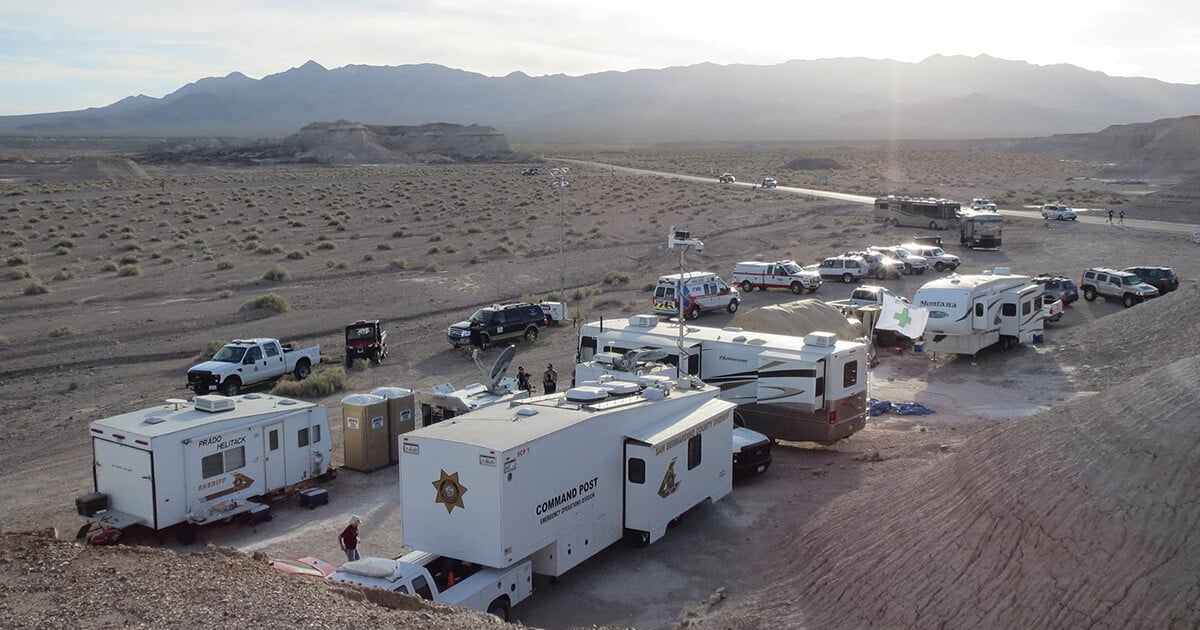Baker to Vegas: Leveraging Pulsara to Manage a Planned Event
Although they have the advantage of prior awareness and preparation, large-scale planned events pose unique challenges for emergency management...
2 min read
 Shane Elmore, RN
:
Dec 22, 2017
Shane Elmore, RN
:
Dec 22, 2017


I don't know about you, but I love a good story about special military operations. I guess it's just cool to know that there are those people who have received specialized training to do a job that nobody else can do. Many of us have seen the heroics of Chris Kyle - American Sniper, or Seal Team 6. Secretly, I wish I were part of a team like that.
What if I told you that you have a special ops team within your department? I know what you're thinking, "Shane, you're crazy. My people are special but in a different way."
One thing you must learn to master as a leader in the world today is how to lead a change effort. This is not for the weak, I assure you! When it comes to leading change in any industry, it will take grit (a Pulsara Core Value) and tenacity. But even these values aren't enough at times. You need to know who the special operatives are within your department or unit.
These special ops people are your informal leaders. Many of us fall into the trap of only communicating with people who have the right title. These are the people who are equal with us in the org chart or who answer to us. Formal leadership has its place, and I'm not taking away from that. To better explain this I guess I need to ask the questions, "What does it mean to be a leader? What is leadership?"
The leadership guru John C Maxwell said it best; "leadership is influence." Who are the influential people in your organization who hold no formal authority? Remember these people can be influential for good or bad. You need to seek these people out and give them a mission! When you talk to staff as the formal leader, they are intimidated by you. It comes with the territory. Your title alone will make them agree with you, and they will do everything to make you feel smart (some call that brown nosing).
On the other hand, the informal leader can get the real, valuable information that could take you months to find out, if you ever do. If you give these people a mission, they will lead your team from the inside out. If you don't give them a purpose, they may flounder and feel frustrated that they aren't able to make the impact they know they can. You need to take the time to let these leaders in on what's going on and what you need. It will surprise you what they can do in a very short period.
Wouldn't it be a shame to have special forces at your disposal and you never use them? Take a minute to think about who your special forces are in your hospital or EMS teams, and let them shine this next year. It's About People.

Although they have the advantage of prior awareness and preparation, large-scale planned events pose unique challenges for emergency management...

For Those Who Love a Good "Oopsie!" At Pulsara, we pride ourselves on enabling secure, HIPAA-compliant communication for healthcare teams. But let’s...

March Recap A New Integration: Improving Data Management, Streamlining Workflows, and Improving Care CoordinationOnly a few days ago, we announced...